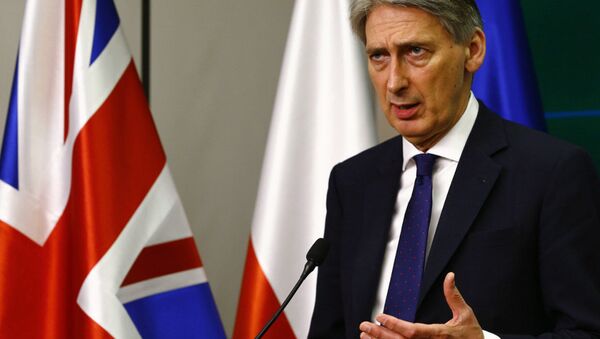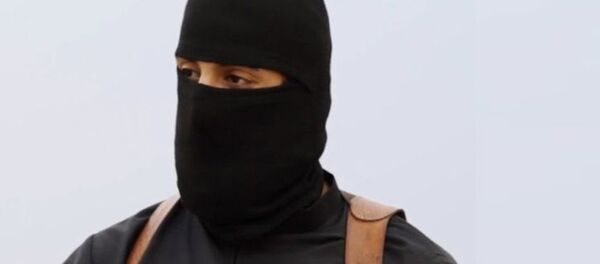Speaking at Royal United Services Institute in London, Hammond said that the intelligence agencies face "unprecedented" demands, amounting to "the greatest challenge to our collective security for decades".
He warned that the sheer number and range of cases, old and new, amounts to the greatest challenge to our collective security for decades and places unprecedented demands on MI5, MI6 and GCHQ.
We recognise the scale of challenge our Intelligence Agencies face. In Government, we will do what it takes to allow them to keep us safe.
— Philip Hammond (@PHammondMP) March 10, 2015
He said that the law needs to be changed to give the intelligence agencies new powers to allow them to respond to technological change. "As the range of threats gets bigger, so the pace of technological change with which the agencies must keep up is getting faster, making their central task of keeping us safe ever more demanding.
"We must respond decisively and positively to the public and parliamentary debate about the powers required by our intelligence agencies to do their job in a changed technological environment — and in doing so draw a line under that debate so that the agencies can get on with the job of keeping this country safe," he said.
He rejected claims that they are to blame for radicalising Mohammed Emwazi, the Briton identified as the Islamic State killer "Jihadi John". Hammond's comments are directly aimed at the campaign group Cage, which said British security services "have systematically engaged in the harassment of young Muslims, rendering their lives impossible and leaving them with no legal avenue to redress their situation".
Hammond said:
"We are absolutely clear; the responsibility for acts of terror rests with those who commit them. But a huge burden of responsibility also lies with those who act as apologists for them."
Hammond said the intelligence agencies faced threats from "ideologically-driven expansionist states" and now have to deal with international terrorist groups and state-sponsored aggression as well as self-radicalised, "lone wolf" terrorists.
His comments come as Samantha Power, the American ambassador to the United Nations, reiterated her comments warning Britain of a "dangerous" gulf emerging between what the United States is spending on defence and what Europe is. Britain is currently maintaining the NATO target of spending 2% of its GDP on defence, but it is likely to undershoot that in the next parliament.
.@PHammondMP: the dedication & brilliance of our intelligence officers is helping us succeed in detecting and containing a range of threats
— Foreign Office (FCO) (@foreignoffice) March 10, 2015
In an unusual move for a diplomat, speaking on Radio 4's Today programme, Mrs Power said:
"This is concerning. The number of missions that require advanced militaries around the world is growing, not shrinking. Threats are growing more diffuse and requiring more contributions."
Hammond's speech today is likely to be the first shot at a plea for extra spending on intelligence and defence following the next general election in May 2015.



